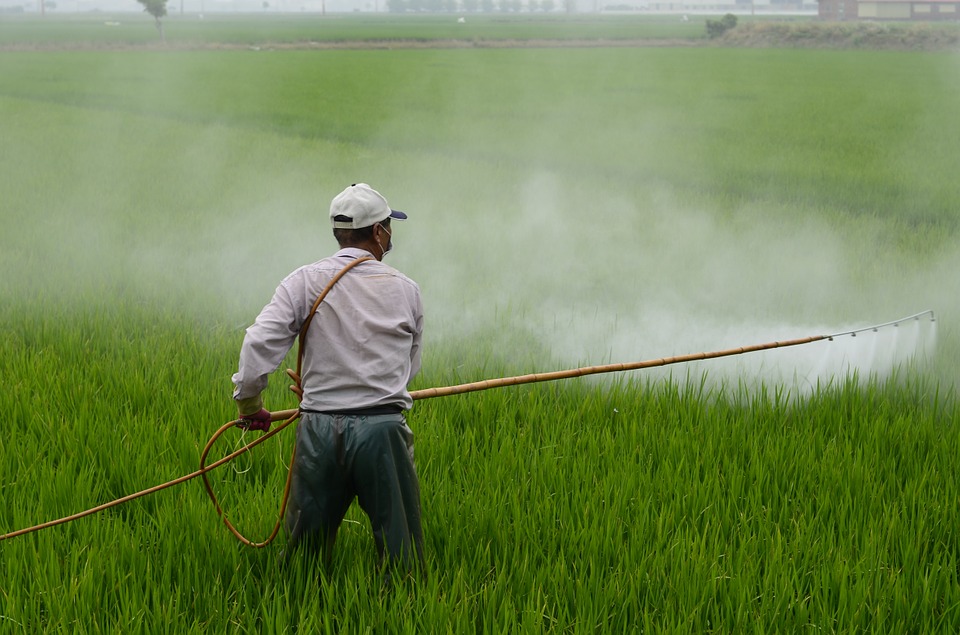Welcome to our class!
We are an environmental science course at St. Benedict's Prep in Newark, NJ, taught by Mrs. T. We'll be blogging about environmental issues all term, so please stay tuned!
Saturday, March 28, 2020
Agricultural pollution
Agricultural pollution refers to biotic and abiotic byproducts of farming practices that result in contamination or degradation of the environment and surrounding ecosystems, and/or cause injury to humans and their economic interests. The main causes of Agricultural pollution are Pesticides and Fertilizers, Contaminated water, Soil erosion, Livestock, and Pests and Weeds. Pesticides, ammonia, heavy metals, fertilizers, and oils from farms and farm machinery destroy and kill animals, aquatic life, and health problems when they enter drinking water.
Pesticides and Fertilizers have to deal with local pests and invasive species causing them to be contaminated with chemicals that are not found in nature. Once they are sprayed, it does not disappear completely.
Contaminated water is used for irrigation and most of the water we use comes from groundwater reservoirs. While plenty of it is clean, other sources are polluted with organic compounds and heavy metals due to the disposal of industrial agricultural waste.
Soil erosion is also a major factor of agricultural pollution because of its topmost layer which holds all the chemicals erodes into rivers, lakes, and streams.
Livestock is grown in poor cramped conditions where it's fed very unusual diets and sent to slaughterhouses on a regular basis. Slaughterhouses create emissions into the air which accounts for a large contribution to greenhouse gas emissions.
Pests and weeds are exotically grown crops which decrease natural species. With the arrival of new crops, native species have to deal with new diseases, pests, and weeds. Invasive species then destroy local vegetation, altering the ecosystem permanently.
Subscribe to:
Post Comments (Atom)

No comments:
Post a Comment